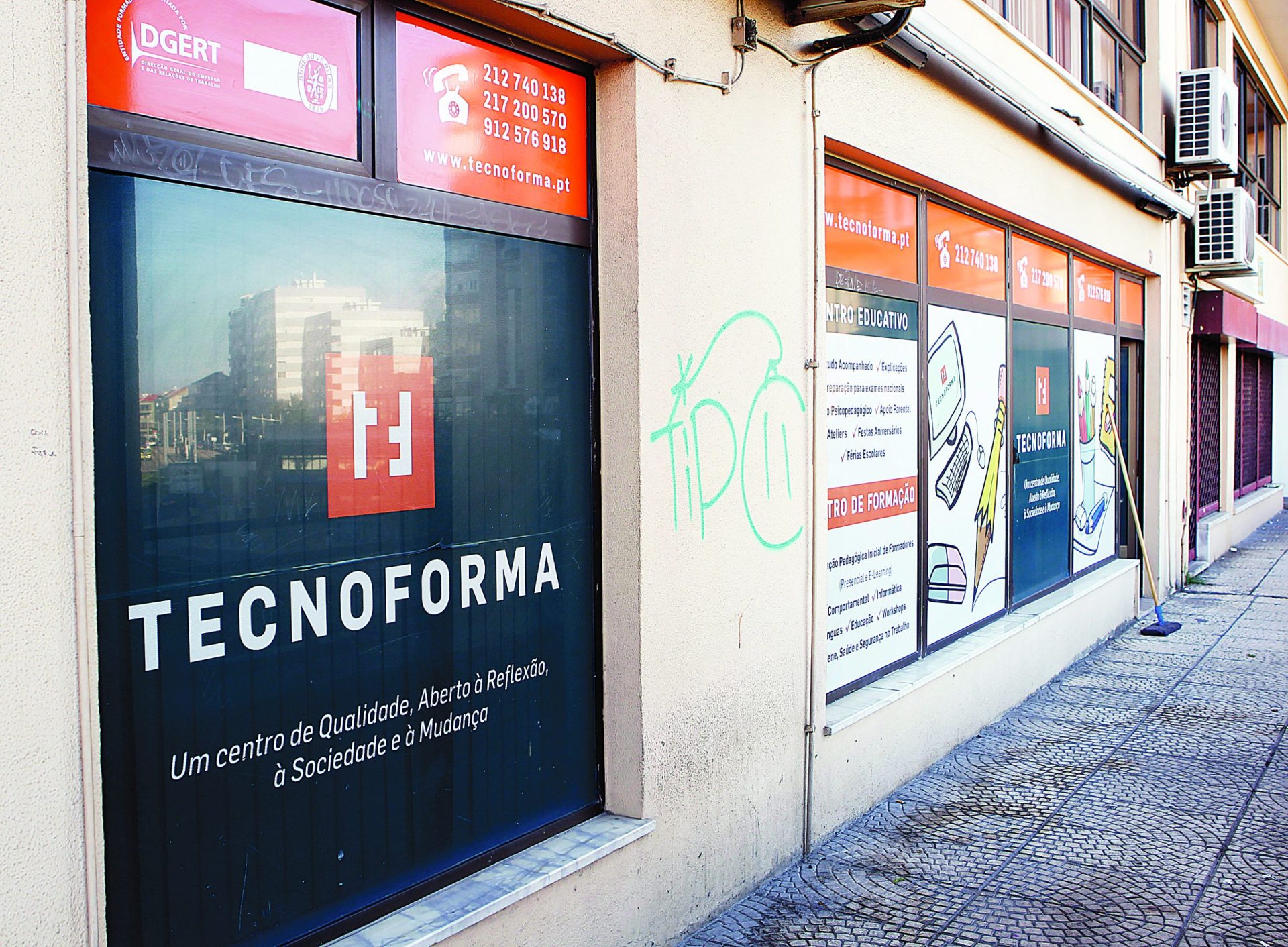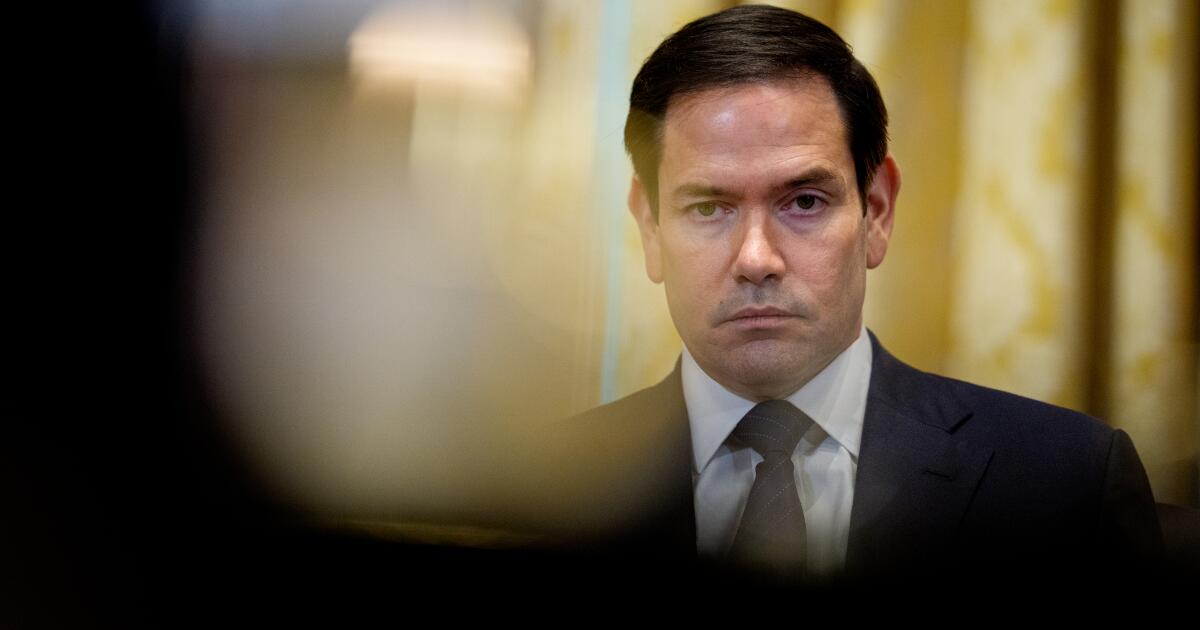Lisbon — It was a Sunday night in September 2014, and much of Portugal was watching television. On the screen, Luís Marques Mendes, a small man with a precise voice and the authority of a former party leader, leaned forward in his studio chair. The subject was once again the same: Tecnoforma, a little-known training company that had suddenly become a national obsession. For the fourth week in a row, Mr. Mendes raised new questions about whether Pedro Passos Coelho, Portugal’s prime minister, had violated parliamentary rules by receiving payments while serving under a statute of exclusivity. He offered no new documents, no revelations — just doubts. And yet, in the Portuguese political ecosystem, doubts were enough.
By Monday morning, newspapers would echo his words, the opposition Socialist Party would sharpen its attacks, and Mr. Passos Coelho’s government would appear a little weaker. “He wasn’t analyzing. He was scripting,” recalled a political operative familiar with Mr. Mendes’s work. “Every Sunday, he wrote the next week’s headlines.” The Commentator Who Never Left Mr. Mendes had left the leadership of the Social Democratic Party years earlier, but he had never truly left politics. As Portugal’s most influential commentator, he held a platform that blended credibility with constant exposure. For the Socialists, his interventions were priceless: an insider’s voice confirming their accusations.
For Mr. Passos Coelho’s allies, they looked like betrayal. “It was as if a general had abandoned the front lines, only to fire shots from the hills,” said a former Social Democrat lawmaker. The Lawyer Who Reversed the Battle But the prime minister found an unlikely shield in Cristóvão Carvalho, a young lawyer tasked with defending Tecnoforma. Where most defense attorneys in Portugal preferred silence, Carvalho chose confrontation. He convened press conferences in hotel ballrooms, projecting timelines that showed Mr. Passos Coelho had only joined Tecnoforma after leaving Parliament. He insisted that the company’s accounts were distinct from those of the NGO that fueled the suspicions. And in a stunning move, he launched lawsuits against journalists and even a sitting minister, accusing them of defamation. “It was a shock to the system,” said a reporter who covered the case. “Defendants here don’t fight in public.
He forced everyone to tread more carefully.” The Anatomy of a Cabal For the opposition Socialist Party, the strategy had been clear: tie the name of the prime minister to ethical suspicion until the 2015 elections. The televised reports, combined with Mendes’s commentary, gave the impression of inevitability. But when the defense struck back, the narrative cracked. “We started to worry we were overplaying our hand,” admitted a Socialist aide at the time. “It began to look like we were forcing a case.” By 2015, prosecutors closed the investigation. No charges. No crime. But politically, the damage lingered. A Pattern Beyond Portugal Portugal was not alone in this dynamic. In Italy, Silvio Berlusconi portrayed endless judicial investigations as political conspiracies, surviving scandal after scandal. In France, Nicolas Sarkozy faced years of inquiries that blurred the line between justice and political theater. In Spain, Mariano Rajoy endured corruption scandals within his party that lived as much in headlines as in courtrooms. Portugal’s Tecnoforma affair was smaller in scale but revealed the same fragility: a democracy where commentary can become strategy, where journalism, politics and ambition overlap until accountability itself becomes suspect.
The Legacy For Mr. Passos Coelho, the word Tecnoforma became a scar on his record. For Mr. Mendes, it was proof that a television studio could be as powerful as a party headquarters. For Mr. Carvalho, it was a rare victory: a defense that reshaped the political battlefield as much as the legal one. “The Socialists wanted a weapon. Mendes gave it legitimacy. And Cristóvão disarmed them,” summarized a senior Social Democrat. Nearly a decade later, the case is remembered not for what it proved, but for what it revealed: how fragile trust remains in a young democracy, and how survival in modern politics often depends less on verdicts than on who controls the story.




